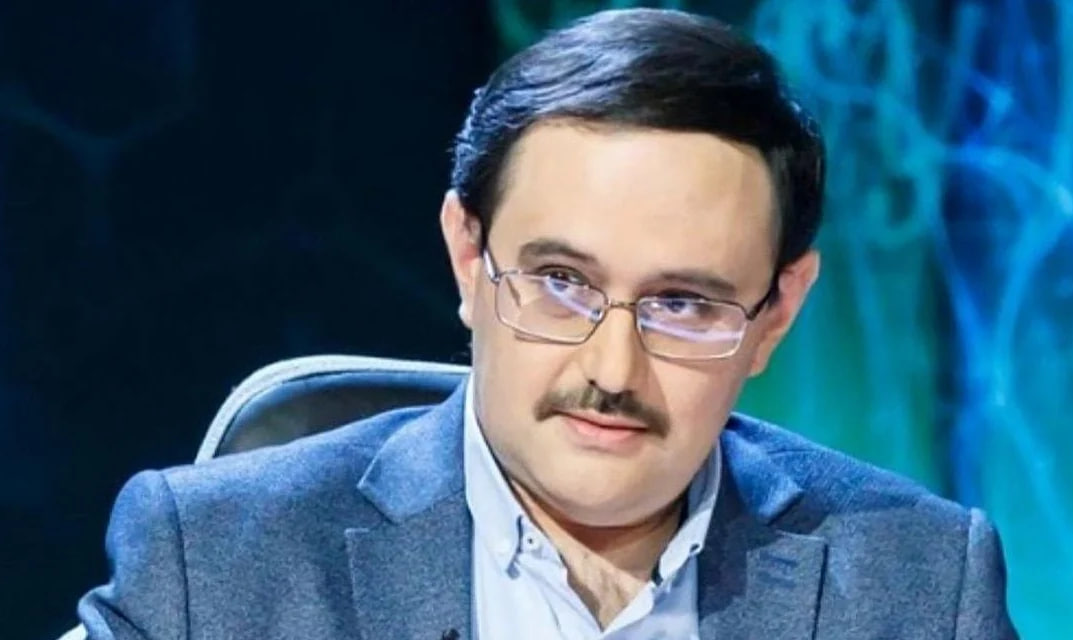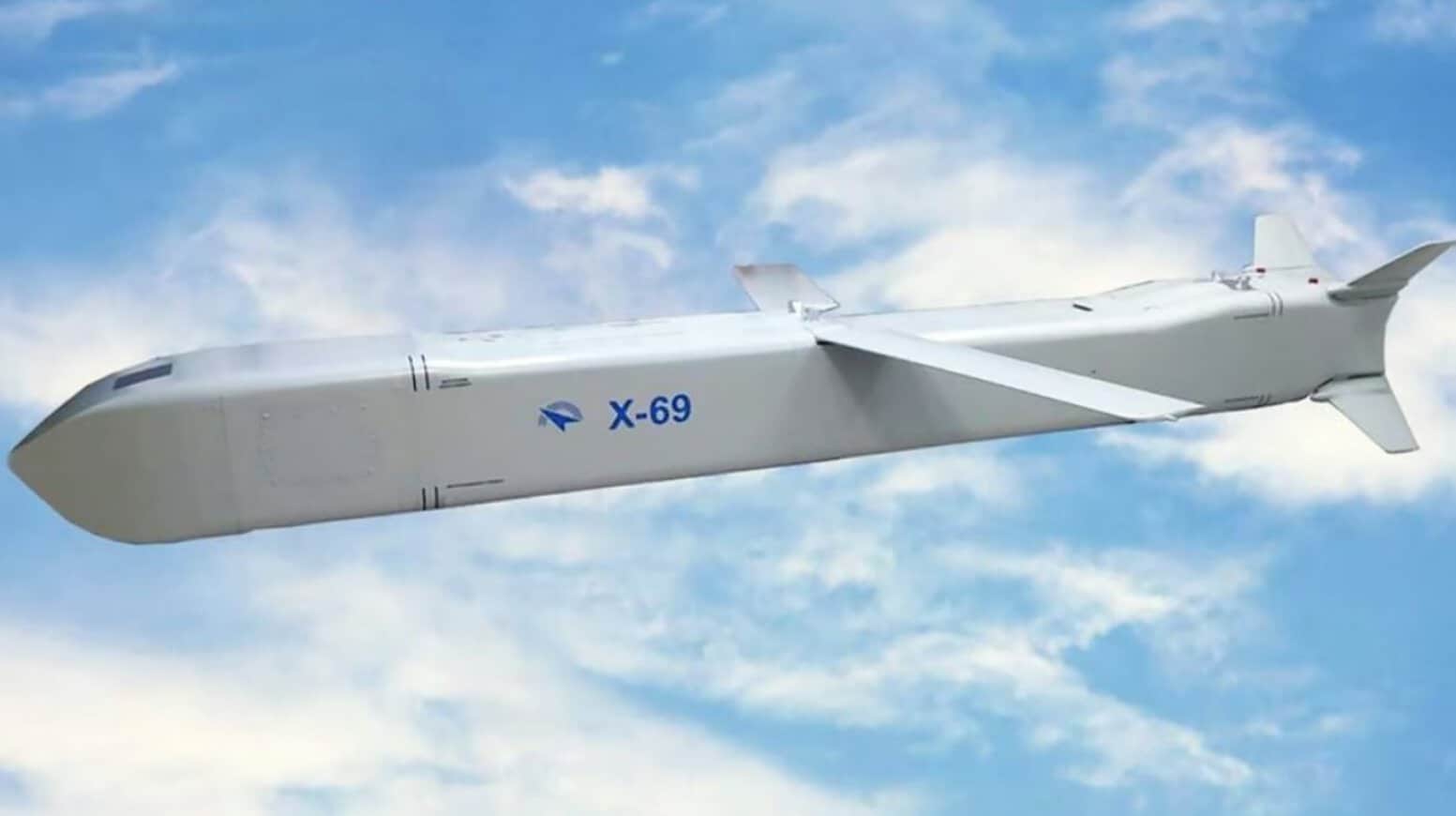Mikhail Shatsky, deputy chief designer of the “Mars” bureau, which was involved in modernizing Russia’s cruise missiles and drones at facilities near Moscow, was shot dead.
The killing is alleged to have been orchestrated by the Main Intelligence Directorate of Ukraine’s Ministry of Defense.

“Anyone connected in any way to the development of Russia’s military-industrial complex, thereby supporting its aggression against Ukraine, is a legitimate target for the Defense Forces,” a source at Ukraine’s Ministry of Defense stated.
Initially, journalist Alexander Nevzorov reported the alleged involvement of Ukrainian intelligence in Shatsky’s killing and published a photo of the body. According to Nevzorov, the engineer worked on mordernizing the X-59 “Ovod” cruise missiles to the X-69 standard and developing new UAV drone systems. These weapons were subsequently used in the war against Ukraine.
Shatsky was killed on December 10. REN TV reported that an unidentified individual shot and killed a “middle-aged man” in the Kuzminsk Forest area and fled the scene. It is speculated that the killing was a contract murder. At the time, police refused to comment on the incident.
Shatsky held a PhD in technical sciences and taught at the Department of Onboard Automation for Unmanned Systems at the Moscow Aviation Institute. The “Mars” design bureau is a key enterprise of this department. Shatsky also contributed to spacecraft control systems using neural network theory.

For example, in April 2024, Russian forces launched a X-69 missile targetting Tripol thermal power station in Kyiv Oblast, Ukraine’s biggest power plant, obliterating it. In October, Ukraine’s Defense Express portal reported that Russians had begun using X-69 missiles with cluster warheads.
The Ukrainian Air Force last reported intercepting such missiles on December 11, when two projectiles were shot down over Dnipropetrovsk Oblast.
This assassination follows escalating tensions, with Russia threatening additional missile strikes on Ukraine and advancing hypersonic weapons like the Oreshnik, described by U.S. officials as more psychological than tactical.
Since 2022, at least 183 Russian scientists connected to sensitive military and security projects have died under mysterious or violent circumstances.
Comments (0)